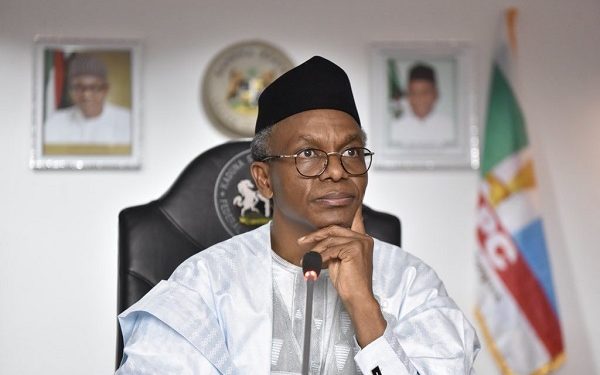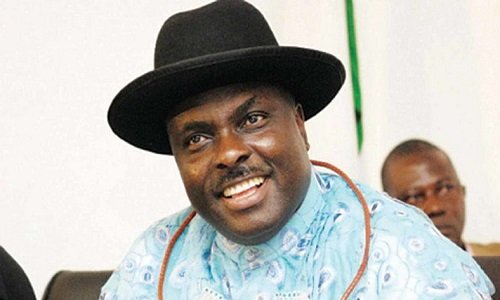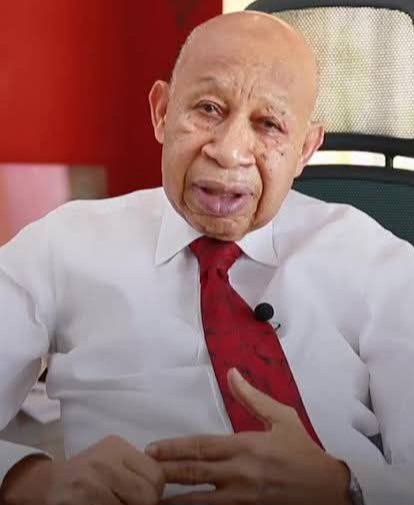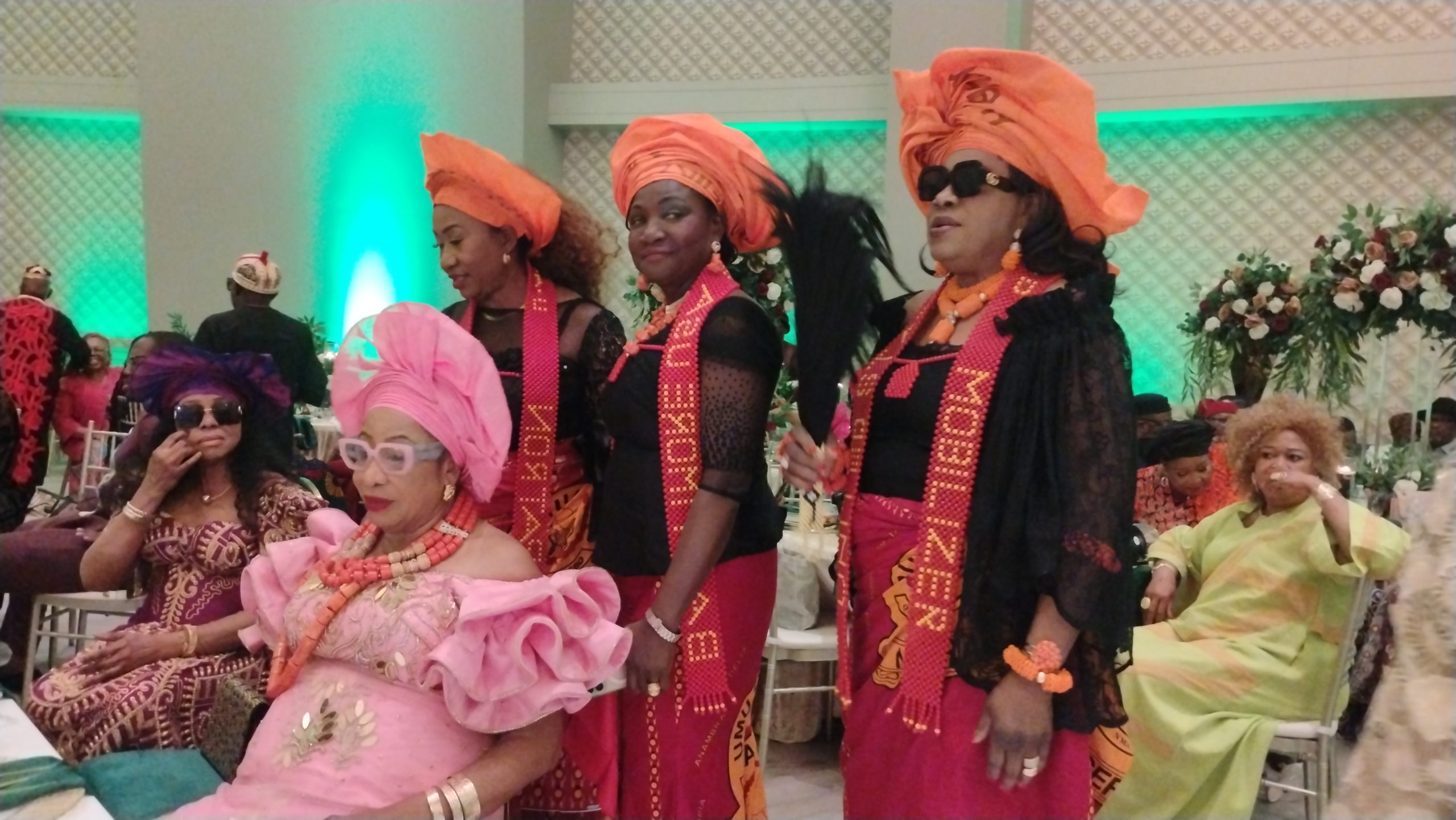Constitution Review: El-Rufai Canvasses For Devolution Of Power

As the two-day constitution review public hearing for North-West commenced in Kaduna on Wednesday, Governor Nasir El Rufai has argued strongly for devolution of power, as over 24 groups and Civil society organizations made presentations.
El-Rufai while arguing that devolution of powers is necessary, said the current structure overburdens the federal government with too many responsibilities which it cannot efficiently handle.
The Governor however suggested 10 items that should be shared responsibilities between the state and federal governments, including policing, judiciary, minimum wage and local government administration among others.
He said that, the APC Committee on True Federalism which he headed, had identified legislative interventions that the National Assembly can more easily undertake to achieve a truly balanced, equitable and fair federal structure.
According to him, ‘’we also drafted bills to alter the constitution and amend or repeal existing legislations to achieve the overall objective of true federalism.’’
El Rufai argued that, ‘’the reality of our security situation today requires that Nigeria must strengthen its military and security agencies. This includes decentralizing the police to enable the states to exercise effective control in securing their residents and communities.’’
“We need to have federal, state and community police, with each granted sufficient powers to make them effective in securing the areas assigned to them and cooperating closely with each other.”
According to him, ‘’those expressing concerns about the ability of the states to bear the cost of policing should realize that apart from the payment of salaries by the federal government, most of the operational and capital costs of the Nigeria Police are borne by state and local governments.’’
The governor argued that fear of abuse of State Police by sub-national governments is misplaced because a constitutional or statutory framework can be enacted to ensure federal intervention in cases of such abuses.
El Rufai also said that the constitution should be altered to remove the Police Service Commission because it is an unnecessary hinderance to effective policing in Nigeria.
’The power to hire and fire police officers should revert fully and totally to the Inspector General of Police, under the supervision of the National Police Council, as envisaged by the Constitution,’’ he advocated.
The Governor recommended that all mineral resources, including oil and gas and solid minerals in the states should in turn pay royalties and taxes to the Federation Account. “States already control land within their territories, courtesy of the Land Use Act, which is incorporated into the Constitution by reference,’’ he argued.https://googleads.g.doubleclick.net/pagead/ads?client=ca-pub-5089981496810613&output=html&h=280&slotname=5364422452&adk=1827575569&adf=3125041455&pi=t.ma~as.5364422452&w=803&fwrn=4&fwrnh=100&lmt=1622044339&rafmt=1&psa=1&format=803×280&url=https%3A%2F%2Fthenationonlineng.net%2Fconstitution-review-el-rufai-canvasses-for-devolution-of-power%2F&flash=0&fwr=0&fwrattr=true&rpe=1&resp_fmts=3&wgl=1&uach=WyJXaW5kb3dzIiwiMTAuMCIsIng4NiIsIiIsIjkwLjAuNDQzMC4yMTIiLFtdXQ..&dt=1622045145944&bpp=4&bdt=1302&idt=851&shv=r20210517&cbv=%2Fr20190131&ptt=9&saldr=aa&abxe=1&cookie=ID%3Dde779ed69050534b%3AT%3D1622044695%3AS%3DALNI_Mbi5WYes7ja5Pj6P6zzm0o9Nr1JYw&prev_fmts=970×90%2C803x280%2C803x280&correlator=4834323254676&frm=20&pv=1&ga_vid=457318934.1603201014&ga_sid=1622045147&ga_hid=2104033417&ga_fc=0&ga_cid=1120099854.1618849256&u_tz=60&u_his=4&u_java=0&u_h=1080&u_w=1920&u_ah=1040&u_aw=1920&u_cd=24&u_nplug=3&u_nmime=4&adx=342&ady=3120&biw=1903&bih=912&scr_x=0&scr_y=0&oid=3&pvsid=371337495476845&pem=276&ref=https%3A%2F%2Fthenationonlineng.net%2Freturned-4-2m-ibori-loot-not-in-our-coffers-yet-delta-govt%2F&eae=0&fc=896&brdim=0%2C0%2C0%2C0%2C1920%2C0%2C1920%2C1040%2C1920%2C912&vis=1&rsz=%7C%7CeEbr%7C&abl=CS&pfx=0&fu=128&bc=31&ifi=4&uci=a!4&btvi=3&fsb=1&xpc=Kd59BJFzCW&p=https%3A//thenationonlineng.net&dtd=864
According to him, ‘’one of the reasons mining has not quite taken off in our country is because of the dichotomy and total disconnect between the federal institution that issues licenses for mining and the state agencies that ultimately control not only the land and title thereto, but any approval to undertake any development on the land.”
The governor also argued that states should be empowered to establish, staff and run their own judiciary up to appellate level, saying that, ‘’It is an anomaly to have a National Judicial Council appointing high court judges for states. This should be the responsibility of State Judicial Councils.
‘’The remit of the National Judicial Council should be limited to the federal high and appellate courts. The constitutional amendment should clarify that the states can establish courts to exercise jurisdiction at first instance, or on appeal on matters for which the states can make laws.
‘’In essence, I am suggesting that judges of State High Courts, Sharia Courts of Appeal and Customary Courts of Appeal should be nominated by the State Judicial Council, subject to confirmation by the House of Assembly,’’ he said.
El Rufai further said that states should also be enabled to establish State Courts of Appeal, similar to what we used to have at the regional level under the 1963 Republican Constitution.
‘’The State Court of Appeal will entertain appeals from State High Courts, Customary and Sharia Courts of Appeal, on matters on which the State House of Assembly is empowered by the Constitution to make laws.
“This arrangement will make our judicial processes faster, encourage competition, deepen our jurisprudence and restore citizens’ trust. It will also significantly reduce the burden on the Federal Court of Appeal and the Supreme Court of Nigeria,’’ he added.
The Governor argued that, each state should decide the model of democratic local government that best suits it because Nigeria is a federation of the 36 states and the Federal Government.
“Listing the 774 Local Governments in the Constitution and trying to establish for them direct relations with the Federal Government violates the spirit of federalism. Each state should decide how many local governments it can efficiently run and fund for better governance and delivery of public goods.
‘’Each state should decide what typology of local governance fits its historical, cultural and administrative circumstances, but the resulting framework must be democratic, with periodic elections at no longer than four year intervals,’’ he added.
El Rufai also said that, “adopting this proposal means that the revenue allocation formula will specify what proportion of federation transfers is for the local governments.
‘’No state government shall be allowed under any guise to take control of local government funds, and the Constitution should entrench safeguards and sanctions, including withholding state funds due from the Federation Account in the event of any reported diversions, impoundment or misappropriation’’, he said.
The governor recalled that the APC Committee on True Federalism’s recommendations are clear, not controversial and simply conform with common sense. “For instance, why should the Federal Government be enabled by the Constitution to fix a national minimum wage that it can afford but most of the states, has been unable to implement?
‘’For the records, Kaduna State is the first government to pay the national minimum wage approved in 2019, with consequential adjustments of up to 66% for most state civil servants. But, a minimum wage is certainly desirable to protect citizens from exploitation, but it should be on the Concurrent List due to variations in cost of living and ability to pay,” he added.
According to him, the proposed constitution amendment will enable the Federal Government to legislate a minimum wage for federal employees and those that reside and work in the FCT only.
Earlier in his opening opening remarks, the Deputy President Senate who doubles as the Chairman on the.review of the 1999 Constitional Senator Ovie Omo-Agege said that, the Constitution Review is a critical phase in the development and advancement of Nigeria as a nation.
Represented by Senator Kabir Gaya, the Deputy Senate President informed that the zonal hearings are the pillars in which the committee’s work is to be anchored, saying that, saying “that is why we deem it prudent to meet with you first. In other words, this exercise is your exercise and I implore you all to embrace and own it. Coming ahead of the National Public Hearing because the Senate has decided to adopt a bottom-top approach by first listening to Nigerians at the geo-political level.
“This approach underscores the critical importance the Constitution Review Committee places on the subnational levels of governance in Nigeria surely dependent on your beneficent support and partnership.
“At the commencement of this 9th Senate, we had set for ourselves a legislative agenda as a basis on which we are to be assessed. Sitting prominently in that agenda is the need to address, by way of constitutional amendments, topical issues like Judicial and Electoral Reforms, Local Government Autonomy, and devolution of powers.”
He said, the ongoing review provides a platform for the good people of Nigeria to express their opinions on the fundamental law that governs our lives through proposals that will lead to the highest good for the greatest number of our people. “No doubt, we are going to have diverse and differing views on the different themes of the exercise”
“Fellow Nigerians; distinguished Iadies and gentlemen. I wish to assure you most sincerely, that the memoranda you have already submitted and those that may come forward arising from this hearing and all the deliberations and engagements that will come forth from them will not only enjoy critical consideration by this Committee, but they will be the lodestar of our work as a Committee,” he added.
He said, so far, the Senate Committee on Constitution Review has received a lot of memoranda on a broad range of issues and proposals.
Prominent among the 24 groups and Civil Society Orgnanisations (CSOs) that made presentations at the first day of the public hearing, were the Nigeria Labour Congress (NLC), Jamiyar Matan Arewa, and Southern Kaduna People’s Union (SOKAPU) who argued for retention of Minimum wage in the exclusive list, women inclusiveness in governance and state creation respectively.







